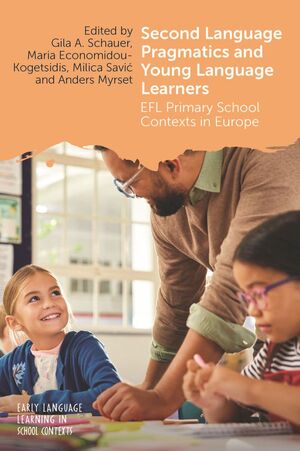
This chapter evaluates the authenticity of request and response interactions in animated films, with the aim of exploring their potential for teaching pragmatics to young language learners (YLLs). Findings from a film corpus analysis revealed a prevalent use of imperative constructions in requests, mirroring early language acquisition patterns; an extensive utilisation of internal and external request modification devices characterised by low syntactic complexity, consistent with developmental patterns; and a predominant occurrence of requests followed by varied response types. Notably, granting responses emerged as the most common, encompassing a wide array of acceptance/agreement tokens and confirmation utterances. These findings underscore the value of animated films as a valuable resource for expanding YLLs’ pragmalinguistic repertoire in requesting and responding, necessary for making informed choices in social interactions and fostering agency. However, caution is advised owing to tendencies towards issuing requests as imperatives and providing flat refusals in responses. Despite their provision of more comprehensive dialogues than textbooks, their effective use necessitates a critical awareness of the depicted pragmatic features.